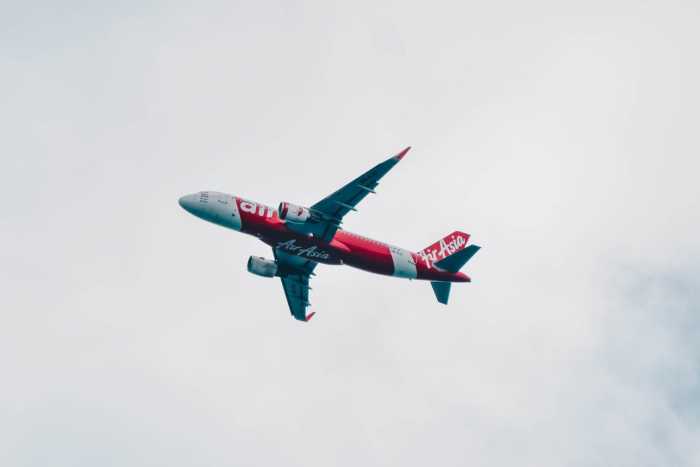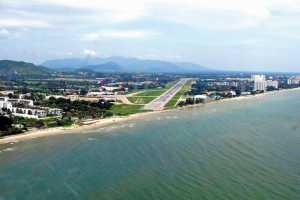
New Thai Airlines Face Shortage of Funds
28th Dec 2012

A number of startup airlines in Thailand seem to have lacked sufficient cash to sustain its daily operations, keep their aircraft flight-worthy or even provide proper training for their crews.
The shortage of available funds would easily make them more susceptible to defaults, flight cancellations and stranding passengers at airports, making it even more advantageous to book with establish airlines.
The lack of sufficient funds usually drives investors of these airlines to sell tickets in advance, often at big discounts to attract buyers.
These airlines take advantage of the government's relaxed law on granting licenses to air operators that often lead them to exploit this law.
For example, the government only requires a minimum of 25 million baht for airline operators to get a charter flight license to operate a fixed-wing aircraft.
Meanwhile, a company only needs a minimum of registered capital of 200 million baht to operate fixed-wing aircraft for scheduled flights service. Additionally, operators need at least 2 aircraft to operate such services.
The unique law also allows an operator to secure an aircraft from other airlines as back-up equipment in case it doesn't meet the minimum aircraft requirement. Code-share agreement with other airlines is also a possible remedy to meet the same requirement.
The minimum one-aircraft requirement for operators to get a license for charter flight service was also seen as a defect in the country's aviation law as in the case of PC Air when its lone aircraft was left grounded at Seoul's Inchon Airport. As a result, its 200 passengers were stranded in the airport unable to take another plane as there was none.
It was reportedly refused permission to leave the airport by authorities on request by Skyjet, its South Korean sales agent, after the airline failed to settle its debt amounting to over 10 million baht.
According to cost analyst, an airline operator needs a minimum startup capital of US$7 million (217 million baht) if using a leased single-aisle aircraft such as an Airbus A320. The amount was calculated based on the prevailing cost of jet fuel in the world market at $3.60 per gallon.
On top of the minimum capital requirement, operators also need to place deposits or bank guarantees for various service providers and equipment suppliers.
If the operator leases an A320 aircraft, it needs to allocate $1.2 million or $200,000 per month and should set aside $3.60 per gallon for jet fuel or approximately $1.9 million each month.
The minimum amount a startup airline operator needs to secure is $7.05 million to cover the three-month period for a leased A320 aircraft. It can even go up especially when operational costs increase from day to day.
For new operators, the amount seems so easy to secure and they don't bother to look at the future operational expenses that they need to shoulder. As a result, troubles come in and more often than not, their suppliers and service providers take most of the brunt.









